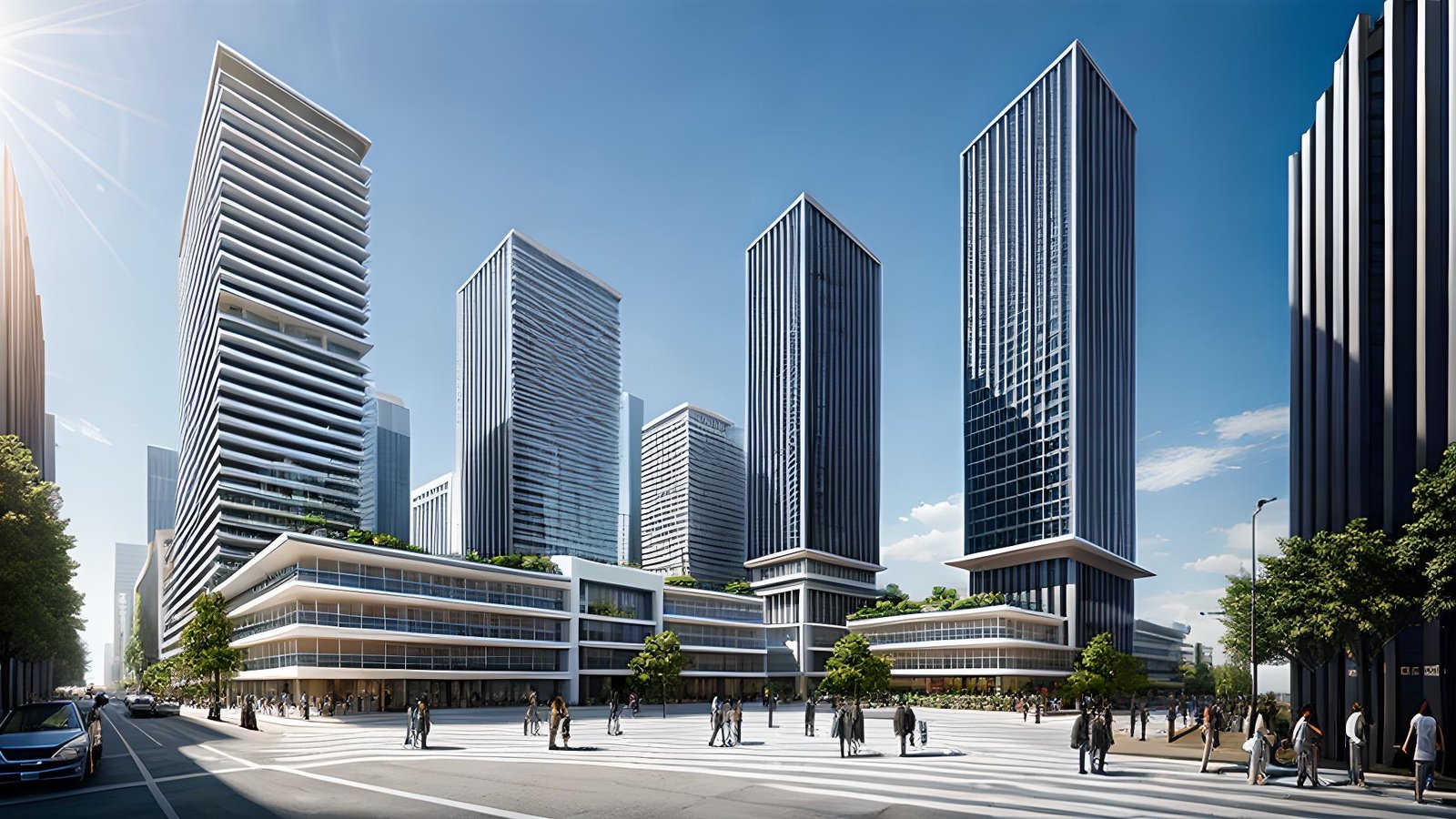
Artificial Intelligence (AI) has emerged as a powerful tool in various industries, and its transformative impact is now being felt in the field of architecture and urban planning. With its ability to process vast amounts of data and generate intelligent insights, AI is reshaping design processes, enhancing sustainability, and influencing the creation of smarter, more efficient cities.
AI in Architecture: Reshaping Design Processes
Traditionally, architectural design has relied on the expertise and intuition of human architects. However, AI is revolutionizing this process by augmenting human capabilities and enabling more efficient and innovative design solutions.
AI-driven design software can analyze large datasets, such as building codes, environmental factors, and user preferences, to generate optimized design options. This not only saves time but also ensures that designs are tailored to specific contexts and requirements.
Furthermore, AI algorithms can simulate and evaluate different design iterations, allowing architects to explore a wide range of possibilities and make informed decisions. This iterative process helps in identifying the most efficient and sustainable design solutions.
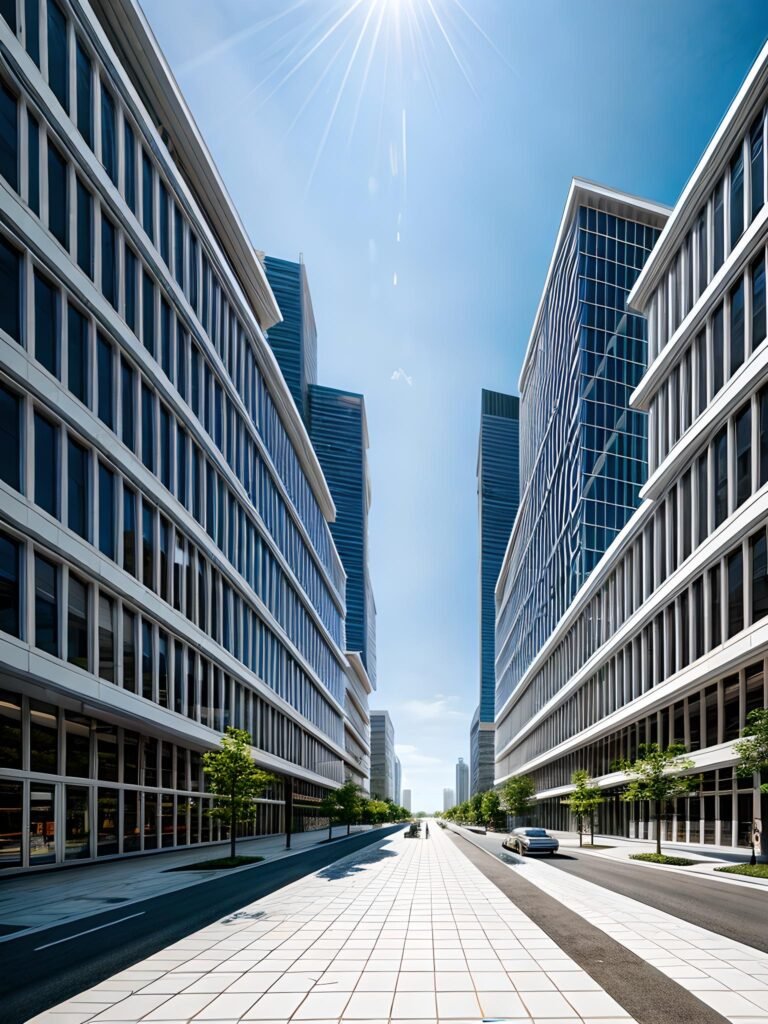
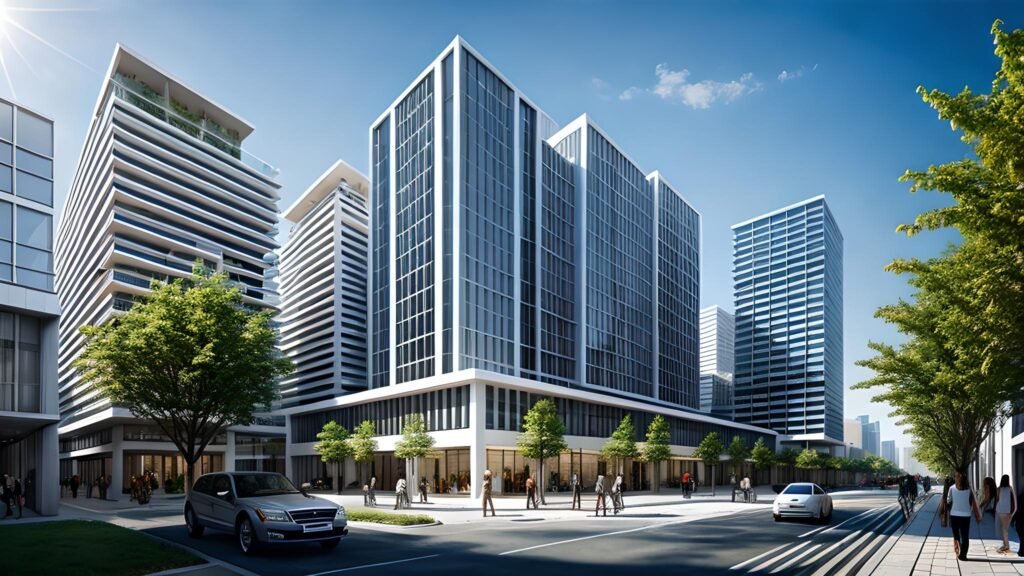
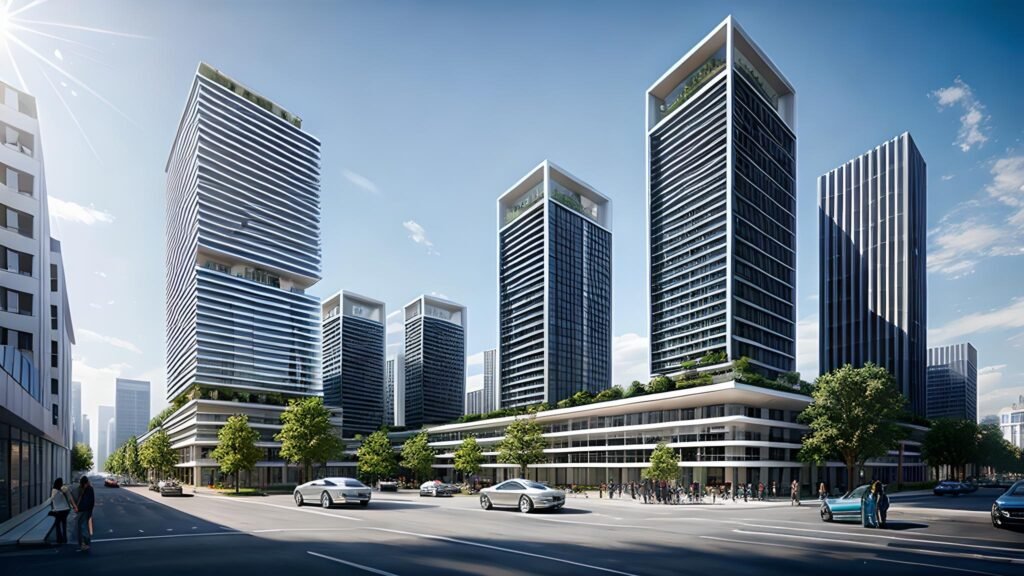
Enhancing Sustainability in Urban Planning
Urban planning plays a crucial role in creating sustainable cities. AI is playing a significant role in this domain by providing valuable insights and facilitating data-driven decision-making.
AI algorithms can analyze vast amounts of data, including population demographics, transportation patterns, energy consumption, and environmental factors, to identify areas for improvement. This enables urban planners to develop strategies that promote sustainable development and reduce the ecological footprint of cities.
For example, AI can optimize transportation routes, reducing congestion and emissions. It can also analyze energy consumption patterns to identify opportunities for energy efficiency and renewable energy integration.
Creating Smarter, More Efficient Cities
AI is instrumental in creating smarter cities that are more efficient, responsive, and citizen-centric. By leveraging AI technologies, cities can enhance their infrastructure, services, and overall quality of life.
One key application of AI in smart cities is the development of intelligent systems for resource management. For instance, AI-powered sensors can monitor and regulate the use of water, electricity, and waste management, ensuring optimal utilization and reducing waste.
AI can also improve the efficiency of public transportation systems by analyzing data on passenger flow, traffic patterns, and demand. This enables cities to optimize routes, schedules, and capacity, resulting in reduced travel times and improved accessibility.


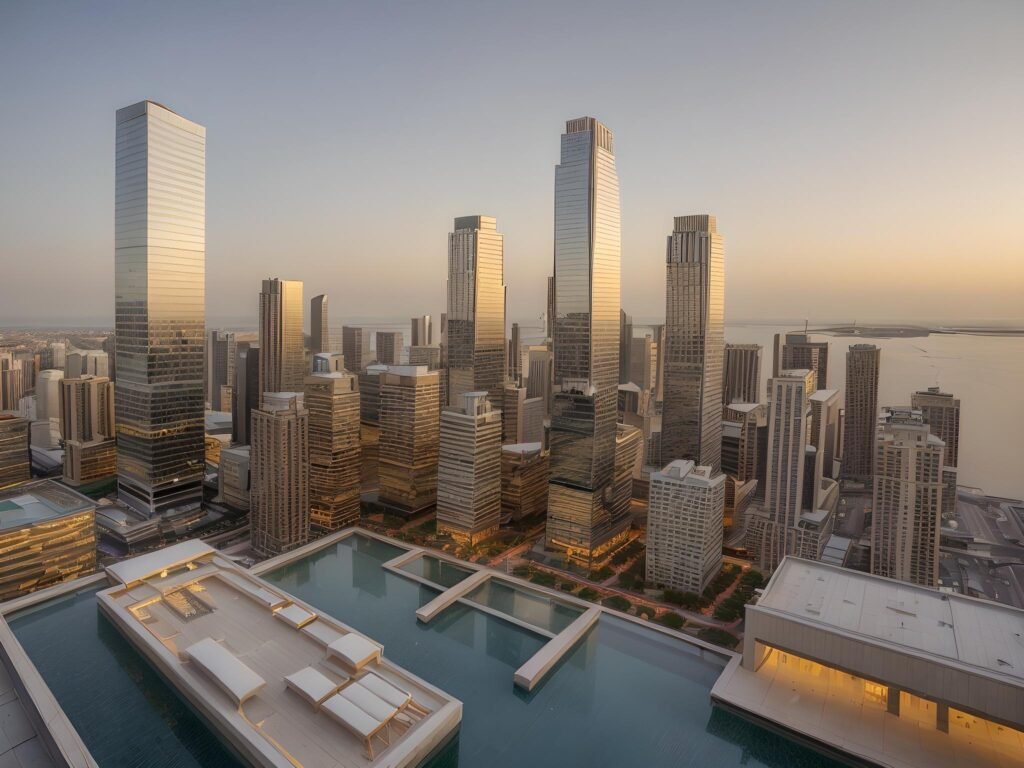
Real-World Examples and Potential Challenges
Several cities around the world are already embracing AI-driven technologies to transform their urban landscapes. For instance, Singapore is using AI to enhance traffic management, optimize energy consumption, and improve healthcare services.
However, the adoption of AI in architecture and urban planning also presents certain challenges. Privacy and data security concerns need to be addressed to ensure that personal information is protected. Additionally, there is a need for transparency and accountability in the decision-making processes involving AI systems.
The Future Trajectory of AI in Shaping our Built Environment
The future of AI in architecture and urban planning looks promising. As AI technologies continue to advance, we can expect more sophisticated tools and applications that will further revolutionize the industry.
AI-driven design processes will become more seamless and intuitive, enabling architects to create innovative and sustainable structures. Urban planning will become more data-driven, leading to the development of smarter and more livable cities.
Furthermore, AI has the potential to empower citizens by involving them in the decision-making processes. Through AI-powered platforms, individuals can provide feedback, voice their concerns, and actively participate in shaping their built environment.
In conclusion, the transformative impact of AI in architecture and urban planning is undeniable. From reshaping design processes to enhancing sustainability and creating smarter cities, AI is revolutionizing the way we approach the built environment. As we move forward, it is essential to address the challenges and seize the opportunities presented by AI-driven design processes to create a more sustainable and inclusive future.
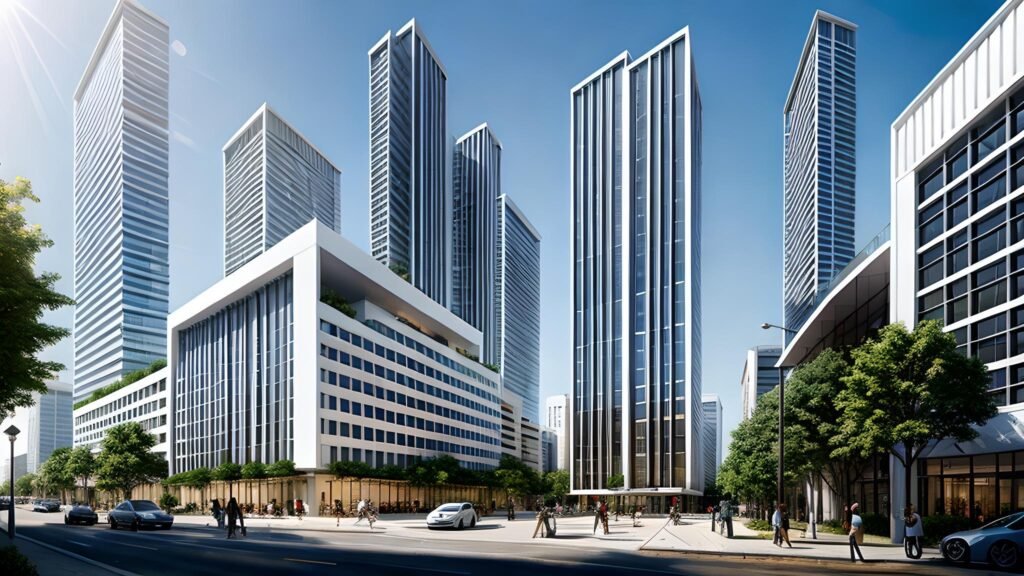

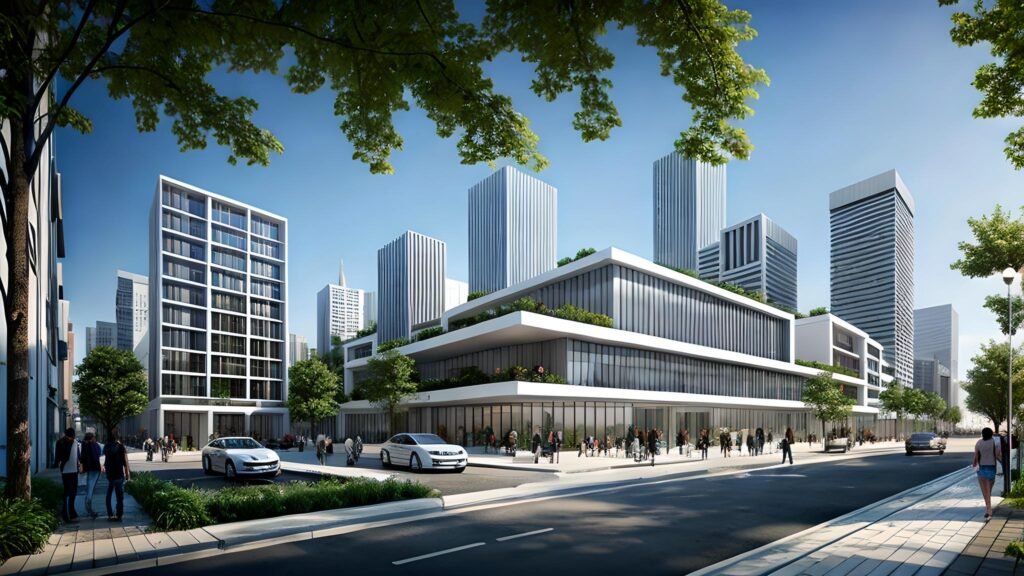
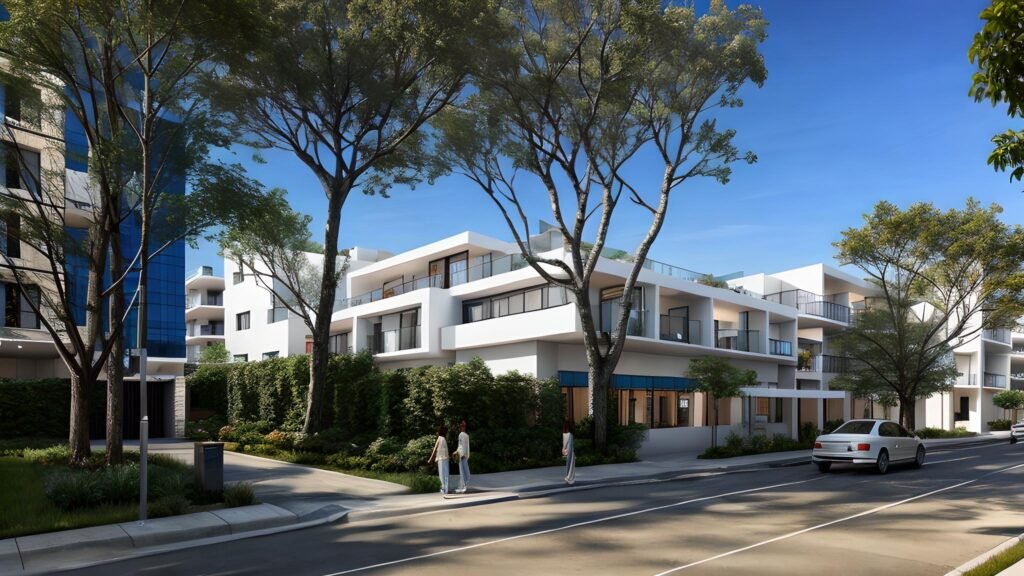
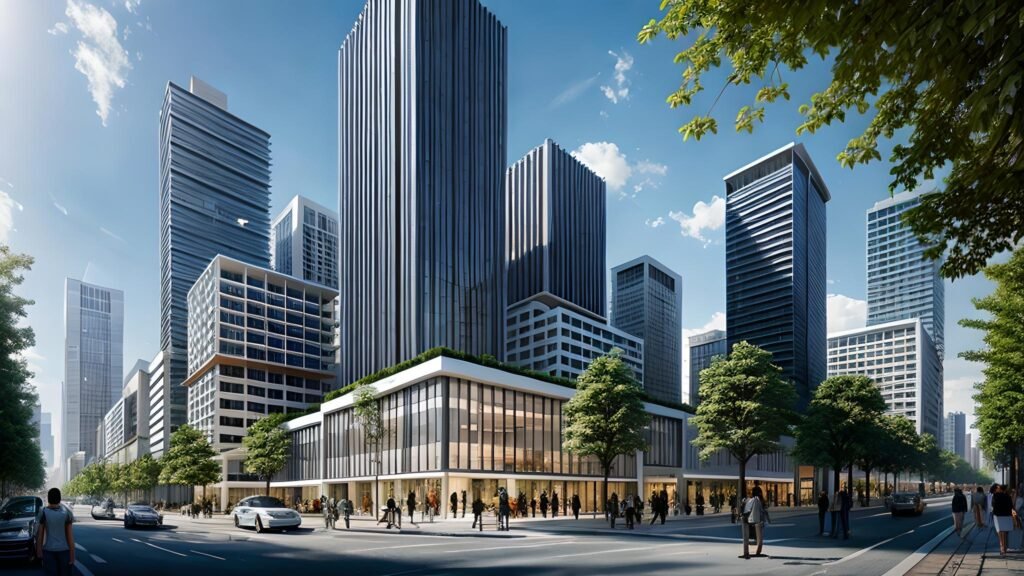
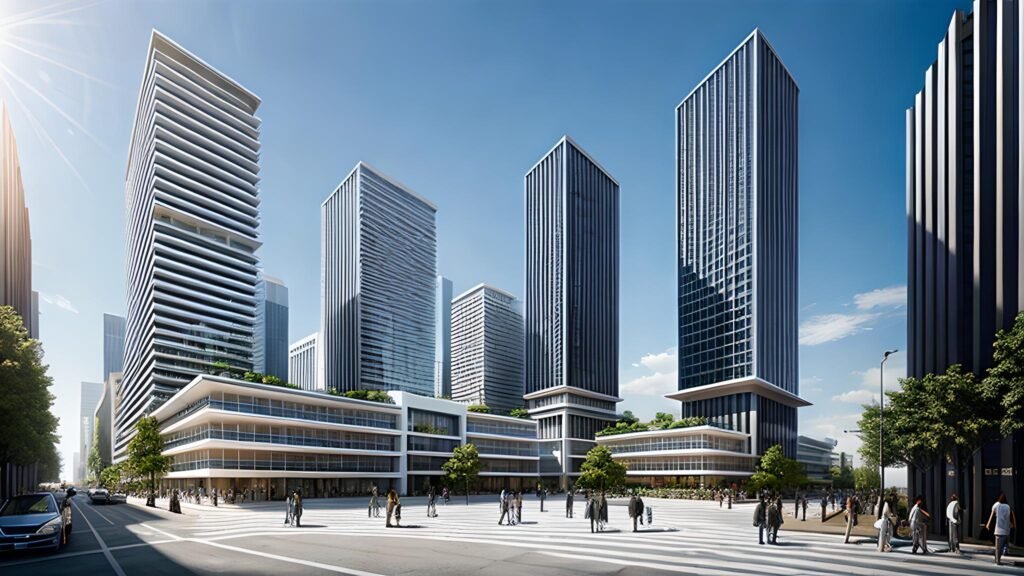
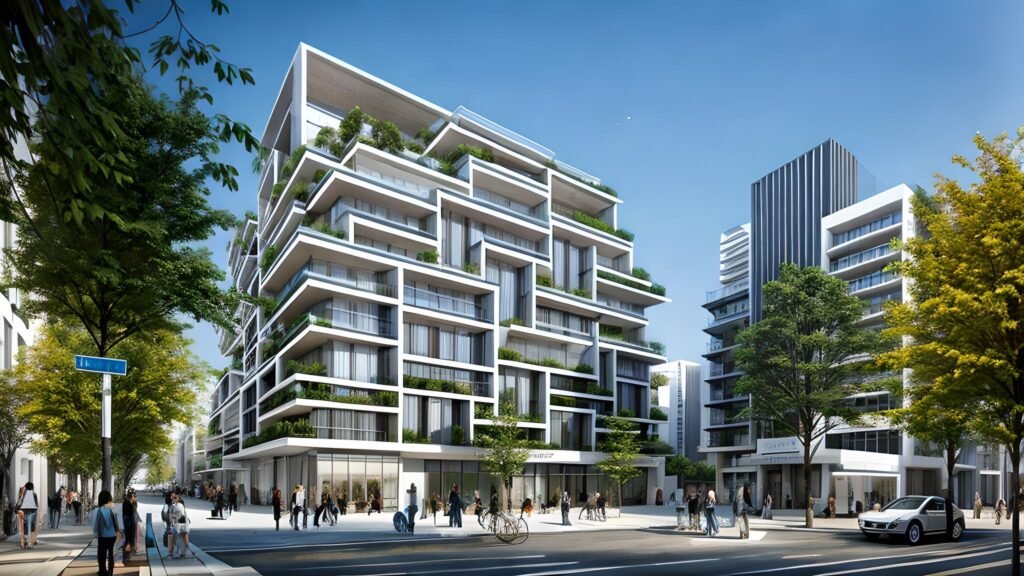




Average Rating